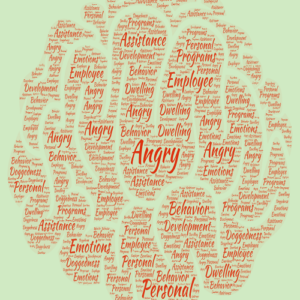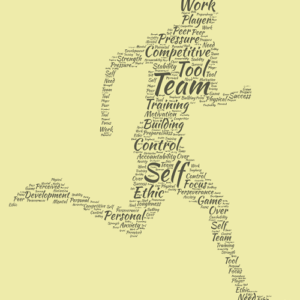Description
Wherever we go, we take our personality with us. Sometimes, our personality changes depending on who we are speaking to, the context we find ourselves in, and what we are feeling (stressed vs. calm, sad vs. happy, etc.). Our personality impacts not only how we interact with people, but also how these people respond to us. This makes personality an important part of the job environment – just as important, if not more so, than the skills and abilities we bring to the table.
Personality cannot be described in limiting terms of “right” or “wrong”. It’s a matter of which combination of traits work best in a specific job setting as well as the existing team and management. For example, a person who is very extroverted and people oriented might find themselves feeling rather stifled in a job environment with little social interaction (like team projects or working directly with the public). Someone who prefers working in a stable job environment with a large degree of routine likely wouldn’t be a good fit in a high-pressure, cold-calling sales position. Thus, aside from having the right skills for a job, it’s important to also determine whether a person’s personality is a right fit as well.
This personality test is based on the original behavioral theories of William Mouton Marston (1928), and the subsequent psychological inventory known as DISC®, first developed by John G. Geier in 1958. The four personality factors that form the basis of this version of the assessment include Dominance, Influence, Supportiveness, and Conscientiousness. Marston believed that nearly everyone possesses each of these four characteristics to varying degrees, creating a unique personality blend with different strengths and challenges.
The results of this assessment will provide you with a candidate’s unique personality type – based on the four main personality factors – along with a profile breakdown that includes the type’s Strengths, Challenges, Needs & Motivators, Stressors/Fears, as well as Communication and Decision-making style in a work setting. The report also includes practical advice to help bring out the best in them and help them attain their full potential.
Purpose: Structured according to the well-known assessment, this version of DISCPP is an in-depth work personality profile based on four main factors.
Vitals
No. of questions: 71
Question type: Situational, self-report
Estimated completion time: 25-30 minutes
Shorter versions of assessment: N/A
Recommended age level: 18+
Qualification Level: Class A
Compliance: APA standards; EEOC standards (gender, age,
disability, ethnicity)
Validation Information:
● Sample Size: 903
● Cronbach’s Alpha range: 0.82 to 0.89
Features
Benchmarks: Available (general population and 7 industries)
Interview Questions: Available
Group Comparisons: Available
360 Version: Not Available
Report Includes:
● Summary
● Introduction
● DISC Type (based on the four main factors)
● Graphs
● Detailed narrative interpretation
● Strengths and Limitations
● Advice
● Impression Management
Factors and Scales:
4 main factors:
● Dominance: People with this DISC trait tend to be, among other things, competitive, ambition, and determined. They have and a strong personality and presence.
● Influence: People with this DISC trait tend to be, among other things, outgoing, passionate, energetic, and excel in networking.
● Supportiveness: People with this DISC trait tend to be, among other things, loyal, reliable, committed, and easy to get along with.
● Conscientiousness: People with this DISC trait tend to be, among other things, meticulous, analytical, attentive, and methodical, and excel in quality control.







Reviews
There are no reviews yet.